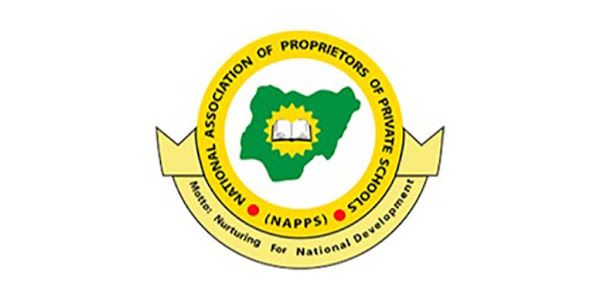The leadership of the National Association of Proprietors of Private Schools, Nigeria (NAPPS), has called on the National Assembly to enact legislation to alleviate financial poverty and ensure access to quality education for every Nigerian child.
Recently, the NAPPS leadership has been engaging with the National Assembly to emphasise the crucial role private secondary schools and institutions play in the development and quality of education in Nigeria.
During the 17th annual NAPPS conference, themed “Transformational Education: Pathways Amidst VUCA (Volatile, Uncertain, Complex, and Ambiguous) Circumstances and Environments,” discussions centered on exploring innovative educational systems that benefit both students and society.
Dr. Mohamed Bawa Gumi, the proprietor of Kalem International Schools, Zamfara State, stated, “We feel there is a need for the federal government to understand that private institutions and secondary schools in Nigeria are not competing with public schools. Instead, we complement the government’s efforts to ensure every child in Nigeria has access to equitable and quality education.”
He emphasized the critical role of private schools in reducing the number of out-of-school children, a significant issue in Nigeria. “The World Bank has reported that Nigeria, along with India and other countries, has one of the highest numbers of out-of-school children, totaling nearly 20 million,” he noted.
Dr. Gumi further referenced a 2024 report by VERI Africa, a private educational data analysis consultancy, which revealed that 65% of secondary schools in Nigeria are privately owned. He remarked, “This data highlights our contribution, and as NAPPS leadership, we are working to ensure the National Assembly recognizes and supports this effort.”
He added that NAPPS has initiated discussions with members of the National Assembly and plans to meet with the Education Committee Chairman to advocate for legislation that protects and enhances private schools’ services.
“Legislation will provide a framework for equitable incentives from the federal government, ensuring private institutions benefit just as public ones do.”
Dr. Gumi also encouraged collaboration among members to build a robust educational system, incorporating modern technology and artificial intelligence into curricula.
Meanwhile, Dr. Samira Jibir, the President of NAPPS, noted, “The education sector is undergoing unprecedented changes, shaped by forces beyond our control. As school leaders, we must innovate to ensure the schools we manage today thrive for future generations.”
She emphasized the necessity of transformational education, stating, “In times of change, transformational education is not just a need but a necessity. Our students must develop agility, resilience, and a lifelong passion for learning in environments that embrace transformation.”
Addressing misconceptions, Dr. Jibir remarked, “People often believe private schools are solely profit-driven. They overlook the quality and standardization of education we provide, as well as the employment opportunities we create. We pay taxes, including corporate income tax, education tax, PAYE tax, and NICF, among others.”
She highlighted the financial challenges private schools face, including commercial interest rates as high as 34 per cent, which make sustainable operations difficult.
“A bill that harmonizes these issues is essential for achieving our goals for the education system in Nigeria,” she said.
The NAPPS leadership remains committed to advocating for legislative support to reduce financial poverty and improve education access, ensuring a brighter future for Nigerian children.











